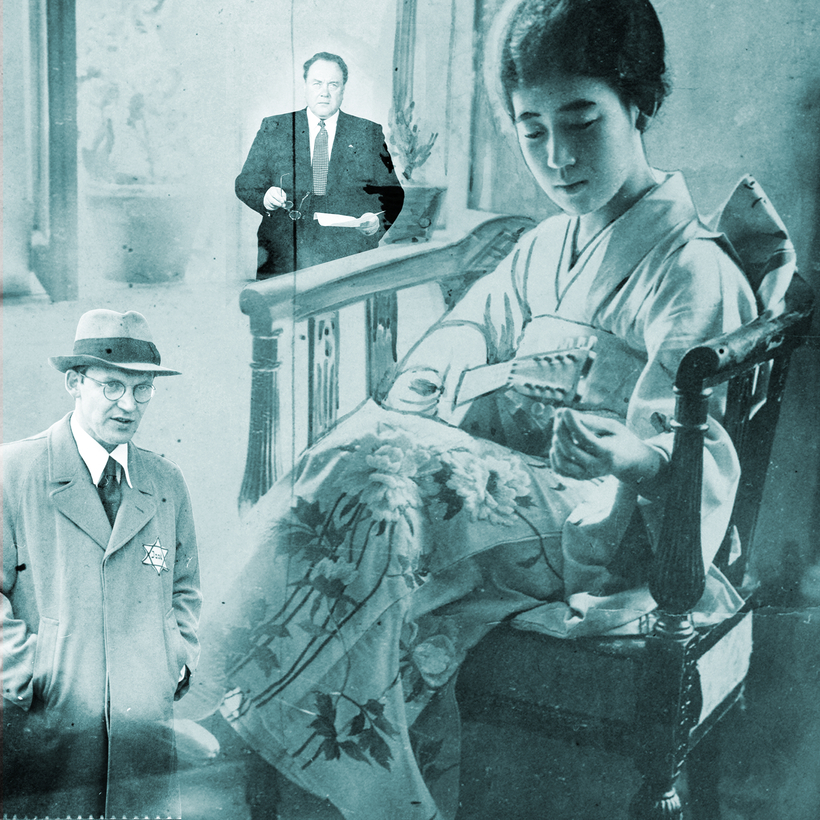The Collaborators: Three Stories of Deception and Survival in World War II by Ian Buruma
At the beginning of 1943, Heinrich Himmler’s personal masseur, a podgy Finn named Felix Kersten, learned of a diabolical Nazi plan to starve to death the people of occupied France, Belgium and Holland by looting all the food.
Kersten was appalled. As the only person able to alleviate the SS leader’s stress-induced stomach pains he had a hold over Himmler, so he intervened, appealing to the Reichsführer-SS’s hubris by telling him that if he stymied the plan, his mercy would be “celebrated for a thousand years”.

